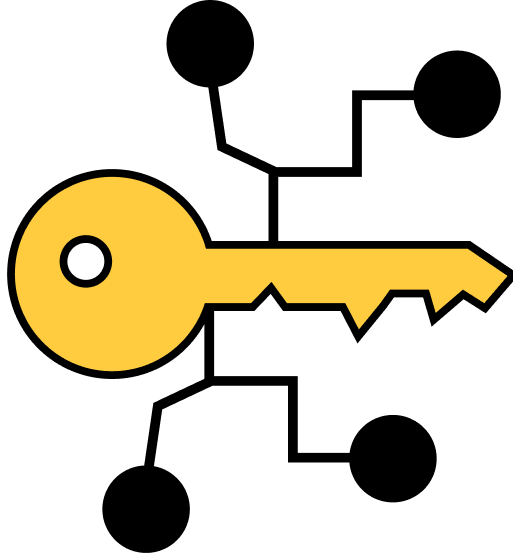Agent

Agent is an entity that uses intelligent software to manage and organize resources and processes with the blockchain.
Contents
Agent’s principle of operation
An autonomous agent could be funded at its creation. It then could find hosting for itself, paying for it with its own funds, and could start operating and offering its service. Profitable autonomous agents could replicate themselves, spawning children and funding them in turn. This would increase the offer for their services. If an autonomous agent were not profitable it would liquidate its assets and shut itself down. The code running the autonomous agent could be open sourced to ensure that autonomous agents follow business practices that are beneficial to society, saw spawning more children when demand for its services increases instead of raising the price. Visibility of the code could also increase confidence in users of the agent’s services, e.g., users of the autonomous agent offering banking services could check that it follows sound financial practices.
Ethereum platform introduced smart contracts which soon became the biggest platform for decentralized applications that gave new pulse to the development of such market services as selling computer’s processing power and decentralized computation storages. Another example of a blockchain-based platform is the decentralized network of autonomous agents IOTA that is oriented to the IoT (Internet of Things) market. In spite of the fact that discussed projects become popular, they are concentrated on specific types of autonomous agents severely limiting available services. The AIRA project firstly introduced the concept of the decentralized trading market where both autonomous agents and people can consume and provide services. Fetch.AI project uses autonomous agents which can transact independently of human intervention and can represent themselves, devices, services or individuals.
There is some general information about autonomous agents:
- Autonomous agents (AAs) can be pure software or have a hardware component (e.g. self-driving car)
- AAs maintain a Bitcoin wallet and use it to pay for their own costs.
- AAs can make a profit. Excess profit is used to spawn children, who then compete against the parents.
- AAs die if they run out of money and may be deleted, salvaged or go into hibernation
Autonomous agent examples
Some of the most proposed applications of autonomous agents are:
- Distributed file hosting, i.e. distributed Dropbox. A file storage agent could rent storage space and offer file hosting services.
- Cloud computing or server brokers. An autonomous agent could buy bulk server capacity and then resell it.
- Decentralized exchange. An autonomous agent could operate an exchange between different cryptocurrencies, or between cryptocurrencies and other digital assets.
- News aggregator. Writers contribute their articles and are paid based on the fees generated by the advertisements displayed by their articles. A news aggregator autonomous agent could run code that filtered writers’ contributions.
Issues of agents
There are some technical challenges to the deployment of agents. The code running it could be subverted by an attacker and deviated from its initial goal to the attacker’s benefit. Therefore the autonomous agent must assume that it will run inside the hostile environment, say a malicious operating system. Assuring an agent is running its legitimate code could be done using trusting computer technology, such as Trusted Platform Modules (TPM). More recent advances in cryptographic obfuscation techniques could improve the feasibility of an agent.
The secrets stored inside the agent’s code, notably the private key that controls its funds, can be stolen. It’s notoriously difficult to obfuscate secrets inside the code.
The spread of autonomous agents also faces legal challenges, as the legal framework for these corporations is not well developed.














 Twitter
Twitter
 Telegram
Telegram
